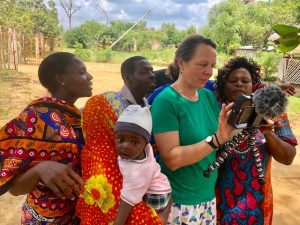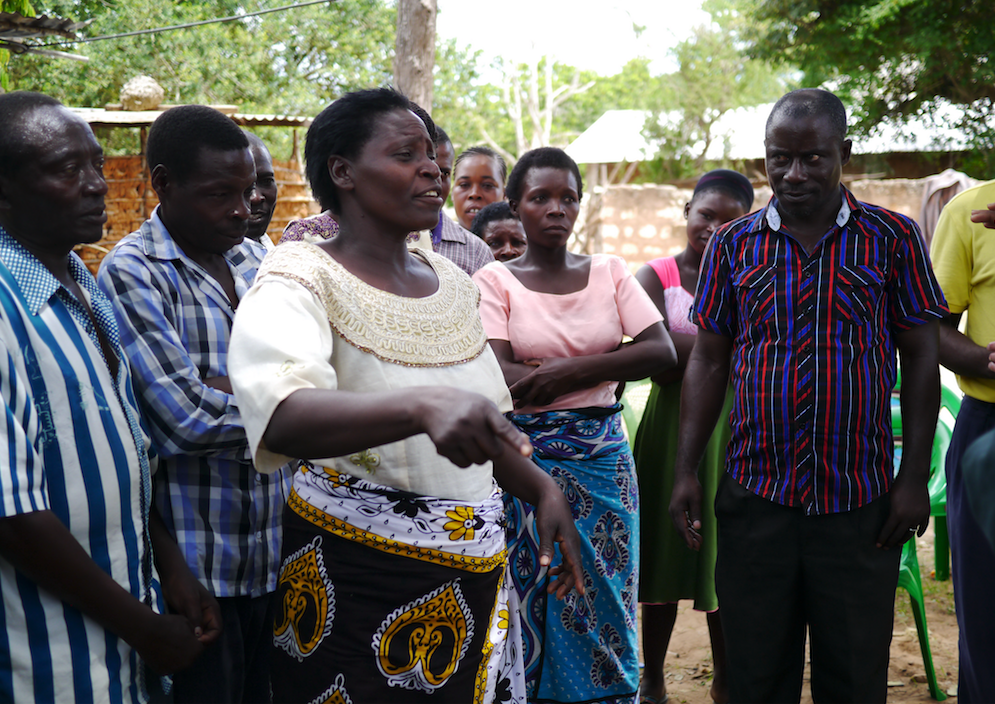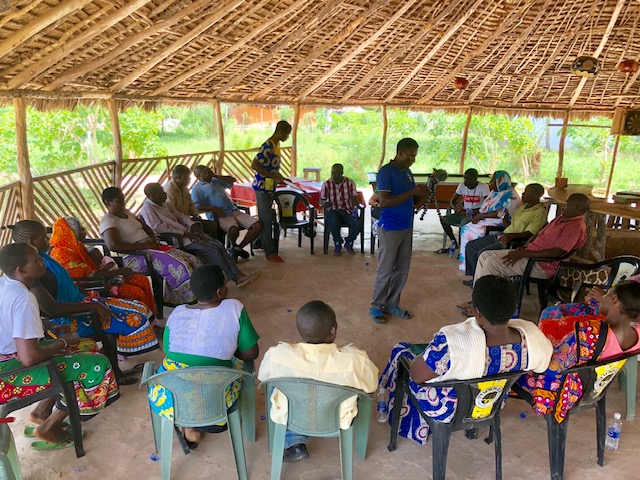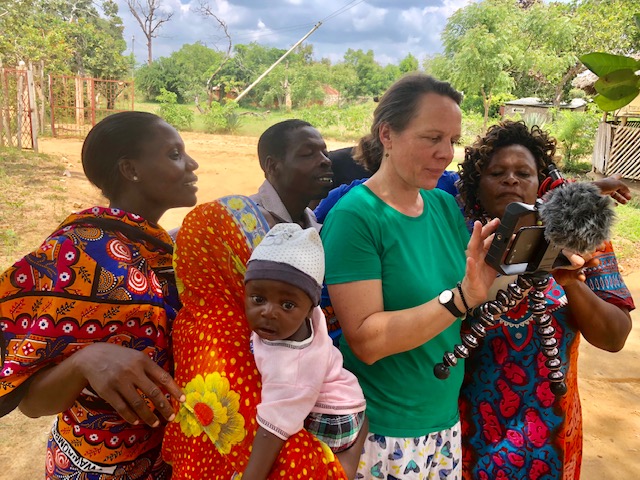

The 4th and last webinar of the “What different Qualitative Approaches can be used to achieve various objectives?” series brought some insights into a very delicate and political topic – corruption in voting behavior in Kenya. Emanuel, Astrid and Barbara shared their current experience around a qualitative research in progress on voter integrity in rural Kenya.
Everything will be okay in the end. And if it’s not okay, it’s not the end. This is the attitude that has been driving our research case for the past 15 months. And having the opportunity now to present it to the international ESOMAR Foundation community was, without doubt, a very bright moment for us. The presented research project „Concepts of democracy in rural Kenya“ – conducted by QMR – Qualitative Mind Research, Munich – is one module of a whole story.
This story started with the Kenyan general elections in August 2017, in which Emmanuel Karisa Baya ran for the seat of a local representative (MCA) to make a change in his hometown in the hinterland of Malindi (North Coast, Kenya) struck by extreme poverty, long droughts and the effects of HIV. Against all expectations and broad support in advance, Emmanuel lost the election. A first review made clear that massive buying and selling of votes and bribery was one central reason for this defeat – a common practice in all counties of Kenya. Quantitative research indicates that 56 % of Kenyan voters have ever received a bribe from a political aspirant/candidate.

The community-based initiative “Peace from the Soil” was founded due to the impulse of taking action against corruption and bribery by developing a civic education program for rural voters. Emmanuel and the whole team felt that a better understanding and insights of voters´ attitudes, worries, and hopes in rural Kenya is needed as a basis for the training program.
QMR – Qualitative Mind Research was requested by Peace from the Soil and its´ founder Emmanuel to conduct a qualitative survey.
The research flanks the whole ongoing process of the democratic development project to deliver insights where needed. During the campaign, election, the setup and foundation of “Peace from the Soil”, our research methods were mainly participating observation and facilitating Focus Groups, which led to first results on bribery during the election and first hypotheses on underlying belief systems of voters in rural Kenyan areas.
Phase 2 of the research shall deliver input for the planned civic education program. From January we will be conducting 20 paired in-depth interviews (IDI‘s) at five different locations in Marafa Ward. Of course, this will be a kind of experiment and the next step in our learning process, because a setting like this is not common in rural Kenya until now. In each IDI setting we will have two respondents that know each other already (=40 respondents) and in addition the interviewer and the interpreter. Recruitment of respondents strives for a broad diversity (Age, educational level, gender, profession groups, residence, political preference). A potential third research module might evaluate the training program later.

Stay tuned for first results and insights from the qualitative fieldwork in this challenging setting in one of the ESOMAR Foundation 2019 communication.. because as John Lennon once said….!
With warm regards, Emmanuel, Barbara and Astrid
